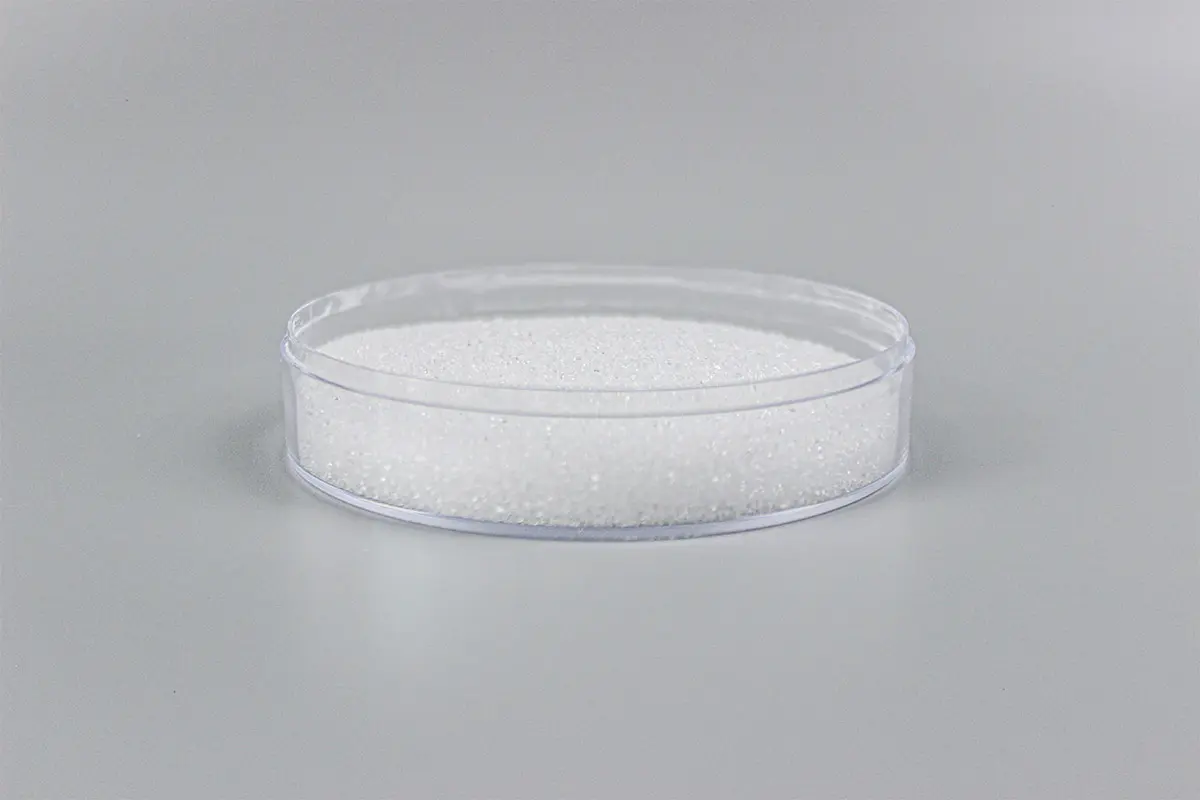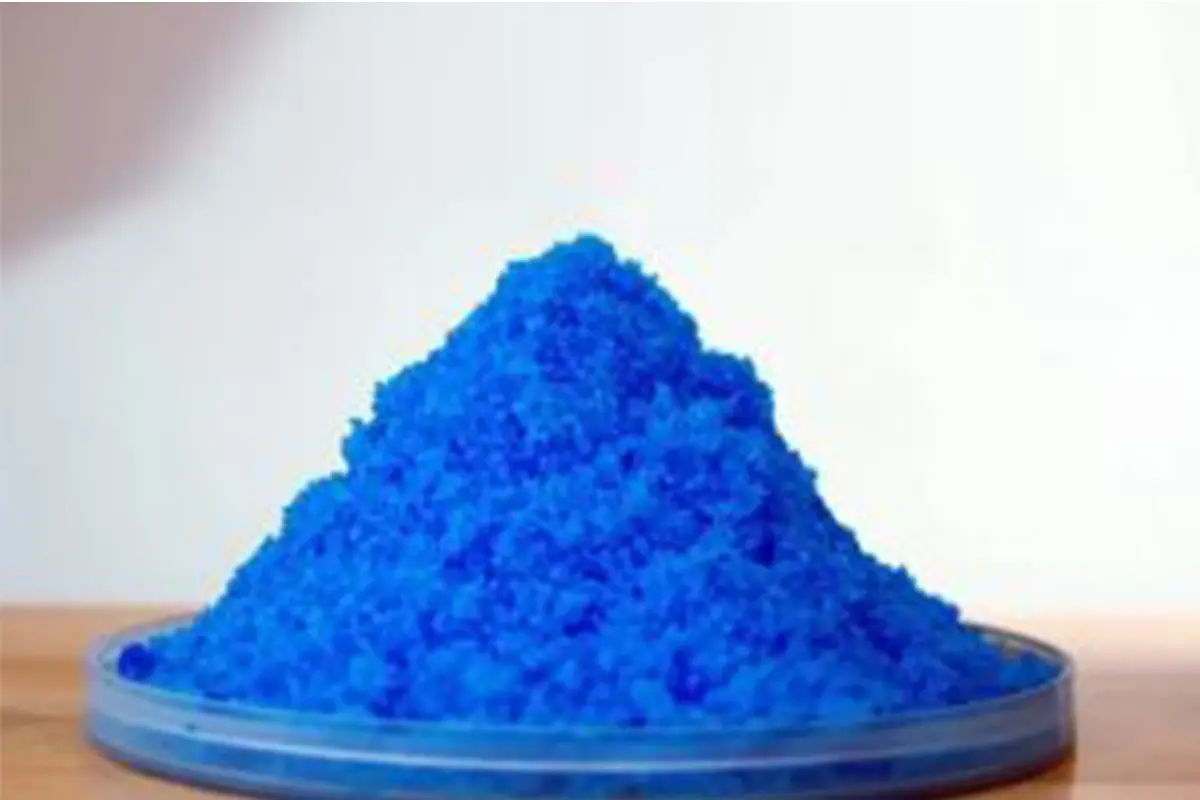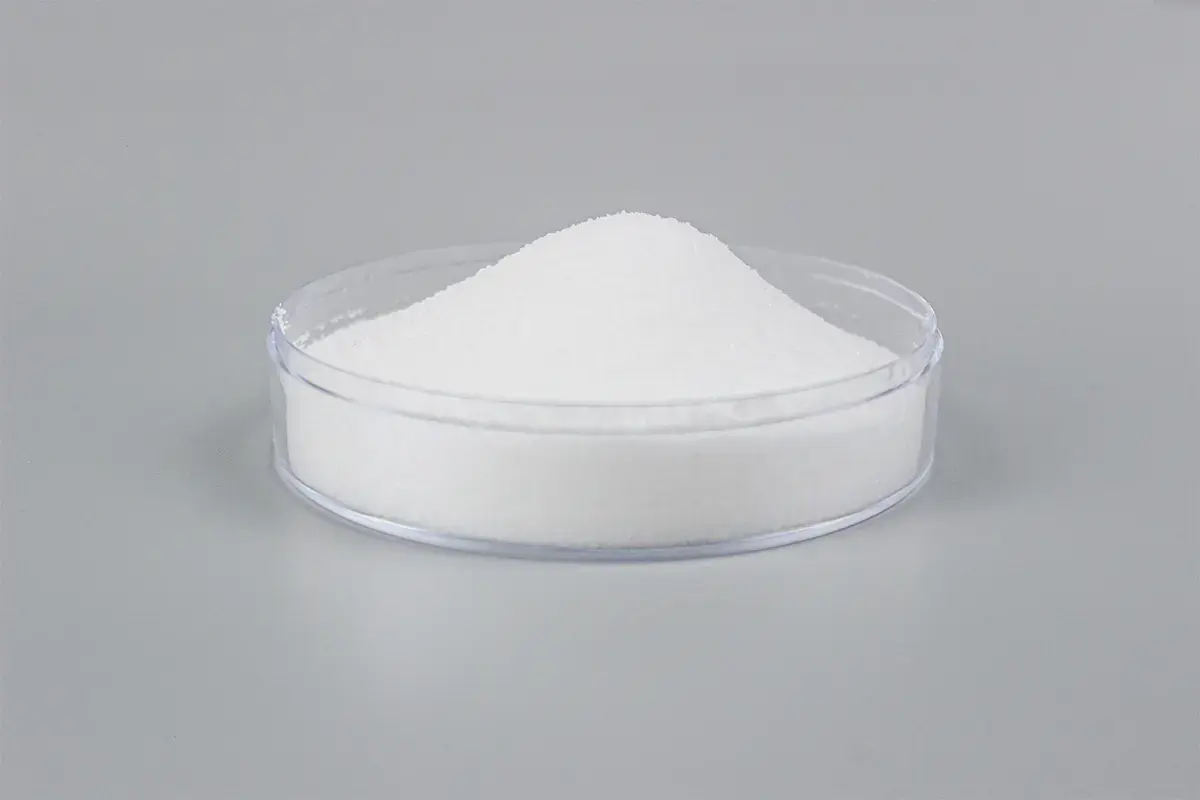Have you ever wondered about the ingredients listed on your favorite packaged foods? Many contain phosphate additives, and while they serve various purposes in food production, there’s growing concern about their potential health risks, especially for your kidneys. This article breaks down what you need to know about phosphate additives in food, their connection to phosphorus levels, and why it matters for your well-being. Keep reading to understand this important topic and make informed choices about the additives in the food you eat.
What Exactly Are Phosphate Additives in Our Food?
Phosphate additives are chemical compounds added to food for various reasons. Think of them as helpers in the food industry, making our food look better, last longer, and have a more appealing texture. These additives are a source of phosphorus, a mineral that’s essential for many bodily functions, including strong bones and energy production. However, the phosphate found in these additives is different from the phosphorus that occurs naturally in foods such as dairy products. Common examples of phosphorus-containing food additives include sodium phosphate. Understanding what these phosphate additives are is the first step in assessing their impact on our health.

Why is Phosphate Added to So Many Foods? What Role Do They Play?
Additives are used in a wide range of packaged foods because they offer several benefits to food manufacturers. These phosphate additives act as emulsifiers, helping to blend ingredients like oil and water that would normally separate. They also work as stabilizers, preventing discoloration and maintaining texture. Think about processed meats, baked goods, and even some beverages – many of these rely on phosphate additives to achieve their desired characteristics. These additives are widely used because they extend shelf life, enhance flavor, and improve the overall appearance of many foods. While these functions are beneficial for the food industry, it’s important to consider the potential impact on our health from consuming these added phosphates.
How Does Phosphate in Food Additives Differ from Naturally Occurring Phosphorus?
The key difference lies in how our bodies absorb phosphorus from different sources. Phosphorus is found naturally in foods like meat, poultry, fish, and dairy products. This naturally occurring phosphorus is bound to proteins, which means our digestive system needs to break down these proteins to release the phosphorus for absorption. This process is slower and more regulated. In contrast, the phosphate in phosphate additives is inorganic, meaning it’s not bound to proteins. This inorganic phosphate is much more easily and rapidly absorbed by the body, leading to a more significant spike in serum phosphate levels after consumption. This rapid absorption is a key reason why phosphate additives can pose a greater health risk, especially for individuals with kidney disease.
What’s the Connection Between High Intake of Phosphate and Kidney Disease?
Our kidneys play a crucial role in regulating the amount of phosphorus in our blood. Healthy kidney function efficiently removes excess phosphorus from your blood. However, when kidney function is impaired, the kidneys struggle to keep up, leading to a buildup of phosphorus in the body. A high intake of phosphate, particularly from readily absorbed phosphate additives, can exacerbate this problem. Over time, persistently high phosphorus levels can contribute to the progression of kidney disease and increase the risk of cardiovascular disease. For people with kidney disease, managing phosphorus intake is extremely important.

Can High Phosphorus Levels from Food Additives Lead to Chronic Kidney Disease?
While naturally occurring phosphorus is less of a concern for healthy individuals, consistently high dietary phosphorus intake from phosphate additives can put a strain on the kidneys over time. Some studies suggest a link between high dietary phosphate intake and an increased risk of developing chronic kidney disease, even in people without pre-existing kidney problems. The rapid absorption of inorganic phosphate from additives can lead to consistently elevated serum phosphate concentrations, which may contribute to long-term kidney damage. Therefore, understanding the sources of phosphate in your diet is crucial for maintaining good kidney health.
Beyond the Kidney, What Other Health Risks are Associated with Phosphate Additives?
The impact of high phosphate intake extends beyond just the kidney. Elevated phosphorus levels have been linked to an increased risk of heart disease and cardiovascular risk in the general population, not just those with kidney disease. High serum phosphate levels can interfere with the balance of calcium in the body, potentially affecting bone health and increasing the risk of osteoporosis. Some research also suggests a connection between high phosphate intake and increased risk of death, particularly from cardiovascular disease. The body’s intricate systems rely on a delicate balance, and excessive phosphate from additives can disrupt this balance, leading to various health effects.
How Can You Identify Phosphate Additives When Reading Food Additive Labels?
Learning to read the list of ingredients on food labels is key to identifying phosphate additives. They often appear under various names, including:
- Phosphoric acid
- Sodium phosphate
- Dipotassium phosphate
- Monopotassium phosphate
- Trisodium phosphate
- Calcium phosphate
- Sodium acid pyrophosphate
- Tetrasodium pyrophosphate
- Sodium aluminum phosphate
Familiarizing yourself with this list of food additives containing phosphate will empower you to make more informed choices when shopping for groceries. Pay close attention to the ingredients list, especially on processed food, as these are often rich in phosphate additives.

For Whom is Monitoring Phosphate Additive Intake Especially Important?
While being mindful of phosphate additives is beneficial for everyone, it’s particularly crucial for certain groups. People with kidney disease are most vulnerable to the negative effects of high phosphate intake, as their kidneys cannot efficiently remove extra phosphorus. Individuals with chronic kidney disease need to be especially vigilant. Those with cardiovascular disease or risk factors for it should also be cautious. Even individuals with high-normal serum phosphate concentration might benefit from reducing their intake of phosphate additives. Consulting with a healthcare professional or a registered dietitian can provide personalized guidance on managing phosphate intake.
As a company specializing in electrical contacts and precision machined components, including products like Contact Rivets, Trimetal Contact Rivets, and Bimetal Contact Rivets, we understand the importance of material composition and its impact on performance. Similarly, understanding the composition of our food and the effects of phosphate additives is crucial for our health. Our dedication to quality and precision in manufacturing mirrors the need for careful consideration of the ingredients in the food we consume. We serve industries where precision and reliability are paramount, from electronics manufacturers in the USA, North America, and Europe, to automotive component suppliers and railway equipment manufacturers. Our commitment to high-quality materials and compliance with industry standards like RoHS reflects the importance of understanding the impact of materials, whether in electrical components or the food we eat.
What Can You Do to Reduce Your Exposure to Phosphate Additives in Food?
Reducing your intake of phosphate additives involves making conscious food choices. Here are some practical steps:
- Prioritize whole, unprocessed foods: Focus on fresh fruits, vegetables, and lean proteins that naturally contain phosphorus but lack added phosphates.
- Cook more meals at home: This gives you greater control over the ingredients and allows you to avoid packaged foods that often contain phosphate additives.
- Read food labels carefully: Check the list of ingredients for the names of phosphate additives mentioned earlier.
- Limit consumption of highly processed foods: These are often the biggest culprits when it comes to added phosphates.
- Choose fresh or frozen options over canned goods: Canned foods sometimes contain phosphate additives as stabilizers.
- Be mindful of fast food and restaurant meals: These can be high in phosphate additives.
By making these changes, you can significantly reduce your dietary phosphate intake from additives.
Are There Safe Limits for Phosphate Additive Consumption, and What is Considered a High Phosphorus Intake?
Determining precise safe limits for phosphate additive consumption is complex and an area of ongoing research. Current recommendations often focus on overall dietary phosphorus intake. However, given the higher bioavailability of inorganic phosphate from additives, some experts suggest being particularly cautious about these sources. Generally, a high phosphorus intake is considered to be above the recommended daily allowance, but this varies depending on individual needs and health conditions. For people with chronic kidney disease, the recommended dietary phosphorus intake is significantly lower. The key takeaway is to be mindful of your overall intake of phosphorus, especially from phosphate additives, and to discuss any concerns with your doctor or a registered dietitian. Understanding your individual needs and risk factors is crucial for making informed decisions about your diet.

- Phosphate additives are commonly found in processed food and are a source of rapidly absorbed inorganic phosphorus.
- High intake of phosphate from additives can pose health risks, particularly for your kidney.
- Elevated phosphorus levels are linked to chronic kidney disease and cardiovascular disease.
- Reading food additive labels and prioritizing whole foods can help reduce your exposure to phosphate additives.
- Monitoring phosphate additive intake is especially important for people with kidney disease.
To learn more about related chemical compounds used in various industries, explore our offerings in Potassium Sulfate and Sodium Metabisulfite. You might also find information on Magnesium Sulfate relevant to understanding the broader landscape of inorganic chemicals.
Post time: Jan-08-2025










